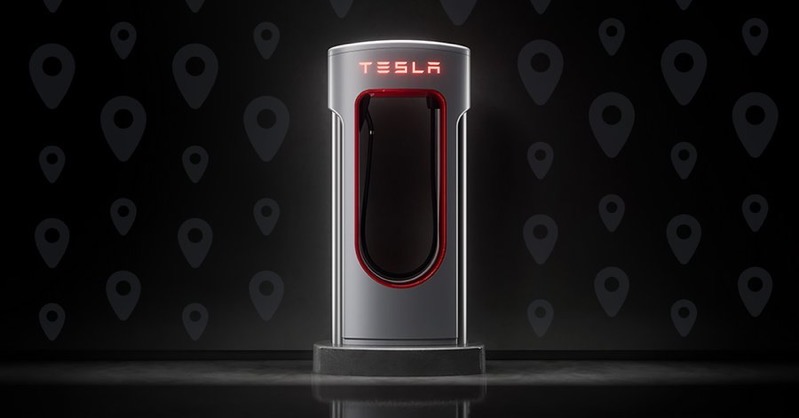
Tesla Outpaces Rivals, Secures Millions in Federal EV Charging Grants
Tesla has emerged as a significant player in the race to expand U.S. charging infrastructure. The company has successfully secured millions in federal grants due to its ability to construct charging stations at nearly half the cost of its competitors.
The federal grants, which are part of a broader national strategy to establish a comprehensive EV charging network, might reinforce Tesla’s dominant position in the market. Although Tesla is not expected to monopolize the industry, it already runs the largest charging network in the U.S., boasting a ten-year head start over many recent entrants, according to a profile from the Wall Street Journal.
As the U.S. commits to tackling “range anxiety” by scattering fast chargers across its highways, Tesla’s Supercharger network, which started a decade ago, now comprises three out of every five fast chargers in the country. To ensure interoperability, Tesla announced plans to equip its chargers with connectors compatible with other EVs, thus qualifying for additional federal incentives.
According to data from EVAdoption, an EV analytics firm, Tesla stands out as the top bidder for constructing chargers, securing contracts for approximately 18% of the selected sites funded by federal dollars. These achievements translate to Tesla winning around $8.5 million of the $77 million awarded to date.
Moreover, while most firms plan to establish the bare minimum required by the government—four fast-charging ports per station—Tesla often goes beyond, aiming for eight or even twelve chargers at certain locations.
Tesla’s competitive edge arises partly from its self-made chargers. In a bid for a project in Maine, the company quoted a hardware cost of just $17,000 per charger, in stark contrast to a competitor’s quote of $130,000.
Rebecca Tinucci, Tesla’s head of global charging infrastructure, emphasized the company’s unique position back in March: “We’re vertically integrated. We manufacture and engineer all of our own charging equipment.” This in-house production, combined with established ties with utilities and local government offices, allows Tesla to swiftly navigate bureaucratic processes and deliver efficient charging solutions.
In the coming years, the integration of Tesla’s charging standards by major automotive companies like Ford, General Motors, and Rivian could further streamline the EV charging landscape in the U.S. and solidify Tesla’s leadership role in the nation’s push towards green mobility.


